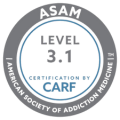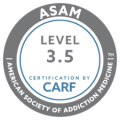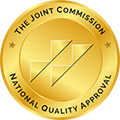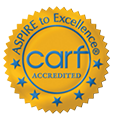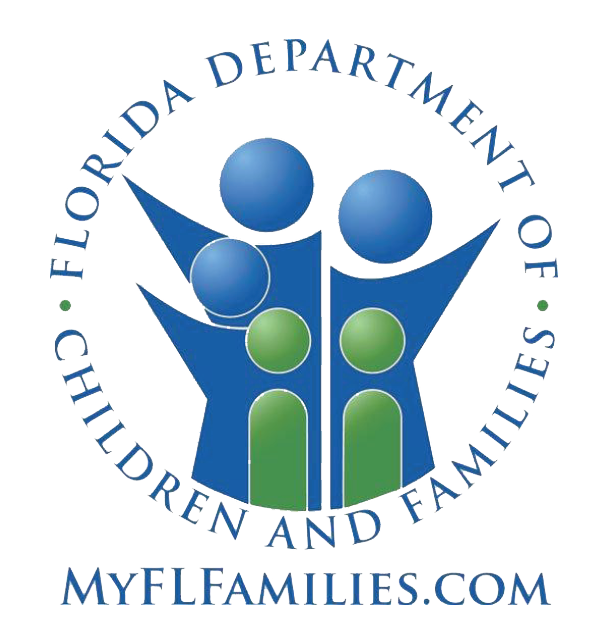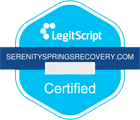At Serenity Springs Recovery Center, we have seamlessly integrated acupuncture into our comprehensive treatment approach, offering valuable support and relief to patients struggling with addiction. Our trained and experienced acupuncturists work closely with patients to develop personalized treatment plans that complement other therapies and interventions. By targeting specific acupoints, our acupuncturists aim to restore the body’s natural balance, reduce cravings, alleviate withdrawal symptoms, and promote overall well-being.
Our acupuncture sessions play a valuable role in addressing the physical, mental, and emotional aspects of addiction recovery. Acupuncture stimulates the release of endorphins, serotonin, and other neurotransmitters, helping to regulate mood and alleviate anxiety, depression, and emotional distress often associated with addiction. By providing a natural and drug-free means of emotional support, acupuncture empowers patients to manage their emotions more effectively and promotes a positive mindset during their recovery journey.
At Serenity Springs, acupuncture sessions at our rehab facility serve as a valuable tool for promoting mindfulness and self-awareness. During treatment, patients are encouraged to be present in the moment, focusing on their breath, bodily sensations, and thoughts. This cultivates a deeper connection with their bodies and enhances self-reflection. By heightening self-awareness, patients gain insights into their triggers, cravings, and emotional patterns, enabling them to make conscious choices aligned with their recovery goals. Acupuncture thus serves as a gateway to mindfulness practices, empowering patients to develop healthier coping mechanisms and a greater sense of control over their addiction.

